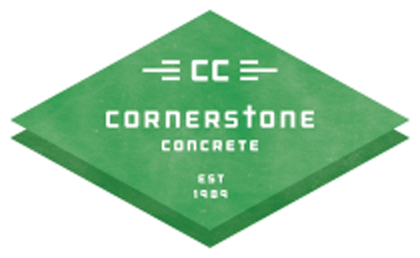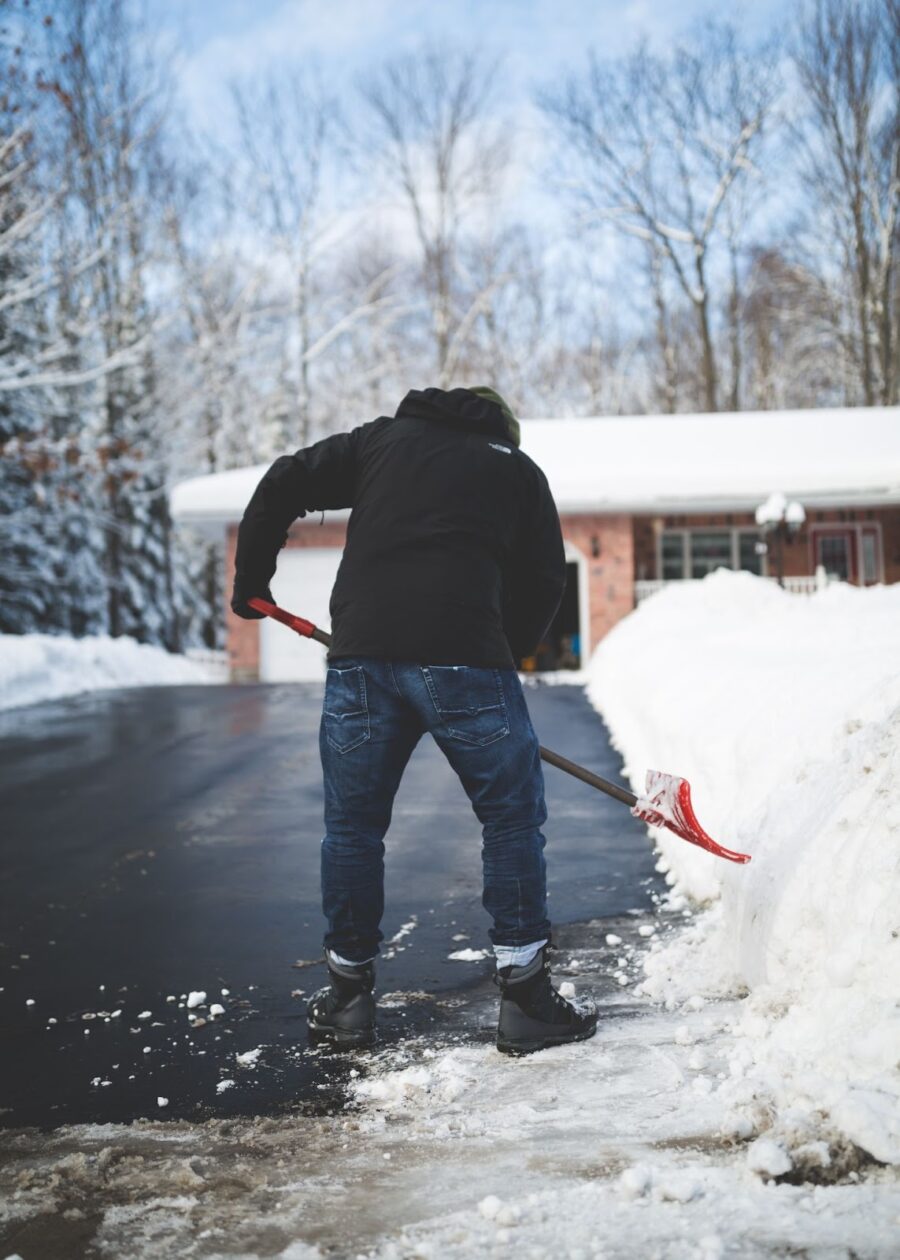- Importance: Protect your driveway from the freeze-thaw cycle to prevent surface flaking and maintain your home’s value.
- Assessment: Inspect for cracks and water damage before winter to address potential worsening.
- Cleaning: Keep the driveway clean using a power washer and ensure it’s dry before sealing.
- Prevention: Ensure good drainage and use sand instead of chemical deicers to protect the surface.
- Maintenance: Perform regular checks, remove snow promptly, and seek professional repair if needed.
As winter approaches, homeowners must turn their attention to the upkeep of their homes, particularly the concrete driveways—a critical yet often overlooked asset. In the heart of Minnesota, where the state bird is a block of ice and winter is not just a season but a state of mind, prepping your concrete driveway for winter is crucial to extending its life and maintaining its appearance. Neglecting to prepare for the freezing temperatures, snow, and ice can lead to cracks, potholes, and other costly damages for normal concrete driveways. So don’t let your driveway turn into a Minne-snow-ta tundra—understanding how to winterize your driveway is an essential part of home maintenance as the seasons change.
Why Winterize Your Concrete Driveway?
Winter conditions can be brutal on concrete driveways. The cycle of freezing and thawing is particularly damaging as water enters cracks, freezes, expands, and then thaws, causing the cracks to widen. According to the American Concrete Institute, this can lead to a condition known as ‘spalling,’ where the surface of the concrete flakes away. This not only compromises the driveway’s structural integrity but also decreases your home’s curb appeal and value.
Assess Your Driveway’s Current Condition
Before the first frost hits, conduct a thorough inspection of your driveway. Look for any signs of wear like small cracks, divots, or crumbling edges. These minor issues can quickly become significant problems once winter sets in. Addressing repairs before the cold weather arrives is vital, preventing costly overhauls down the line. Here are some tips on how to assess your driveway’s current condition:
- Inspect the Surface: Walk the entire length of your driveway looking for cracks, holes, or uneven surfaces.
- Check for Water Damage: Look for areas where water pools, as these are vulnerable to freezing and cracking.
- Identify Repairs: Mark areas that need filling or patching for easy identification during repair.
Cleaning and Maintenance
A clean driveway is a healthy driveway. Remove debris, dirt, and stains before they become trapped under snow and ice, which can lead to discoloration and decay. Use a power washer for the best results, and ensure the driveway is completely dry before applying any sealants. Here’s some useful ways to clean and maintain your driveway:
- Remove Debris: Sweep off leaves, twigs, and stones.
- Deep Clean: Use a power washer to remove stubborn stains and accumulated grime.
- Dry the Driveway: Allow the driveway to dry thoroughly to ensure sealants adhere correctly.
Preventive Measures Against Freezing Temperatures
Prevention is your best defense against winter’s harsh effects. Ensure proper drainage away from the driveway to prevent water pooling, which can lead to ice formation and increased stress on the concrete. Moreover, consider the use of sand for traction over chemical deicers, which can be harsh on concrete surfaces and exacerbate the freeze-thaw cycle. Here are some ways to keep your driveways from freezing:
- Ensure Proper Drainage: Redirect downspouts and clear any debris that may obstruct water flow away from the driveway.
- Apply Traction Material: Use sand or kitty litter rather than chemical deicers to provide traction without damaging the concrete.
Regular Maintenance
Regular maintenance is not just a preparatory step; it’s a crucial ongoing practice throughout the winter months. As temperatures fluctuate, your concrete driveway will need continual monitoring and care to maintain its integrity.
Recommended Maintenance Schedule:
- Monthly Inspections: Even if you have winterized your driveway, it’s important to inspect it regularly for any new damage.
- After Storms: Always check the driveway after heavy snowfall or rain, clearing away any accumulation and applying sand for traction if needed.
- Seasonal Sealant Application: Reapply sealant as needed, typically once a year, to ensure continuous protection.
- Immediate Repairs: Address any damage as soon as possible to prevent worsening conditions.
Consistent care, like keeping your driveway clear of snow and ice, not only prolongs the life of the concrete but also ensures the safety of those who use it. Remember, the less time snow and ice spend on your driveway, the lesser the chance of water seeping into the concrete and causing damage.
When to Call the Professionals
While many aspects of winterizing and maintaining your driveway can be DIY, there are times when professional help is needed.
Signs You Need a Professional:
- Significant Cracks: If you notice multiple large cracks or heaving, it might be time to call in the experts.
- Water Drainage Issues: Professionals can help redesign your driveway’s drainage system to prevent water damage.
- Sealant Application: If you’re unsure about applying sealant yourself, a professional can ensure it’s done correctly.
Choosing a Reputable Service:
- Check Reviews: Look for companies with positive feedback from previous customers.
- Verify Licensing and Insurance: Ensure the service is licensed to operate and carries insurance.
- Ask for an Estimate: A reputable company will provide a clear, detailed estimate before work begins.
Conclusion:
To recap, winterizing your concrete driveway is essential in preventing costly repairs and maintaining your home’s value. From assessing the current condition to applying sealant and conducting regular maintenance, each step plays a pivotal role in preparing your driveway for winter.
If the task seems daunting or if significant damage is already present, don’t hesitate to call professional repair services. With the right care and attention, your driveway can remain a functional and appealing aspect of your property year-round.
Winterizing your concrete driveway prevents costly repairs and maintains your home’s value. Assessing its condition, applying sealant, and conducting regular maintenance are essential steps. If you need help, reach out to Cornerstone Concrete LLC for a free estimate.





